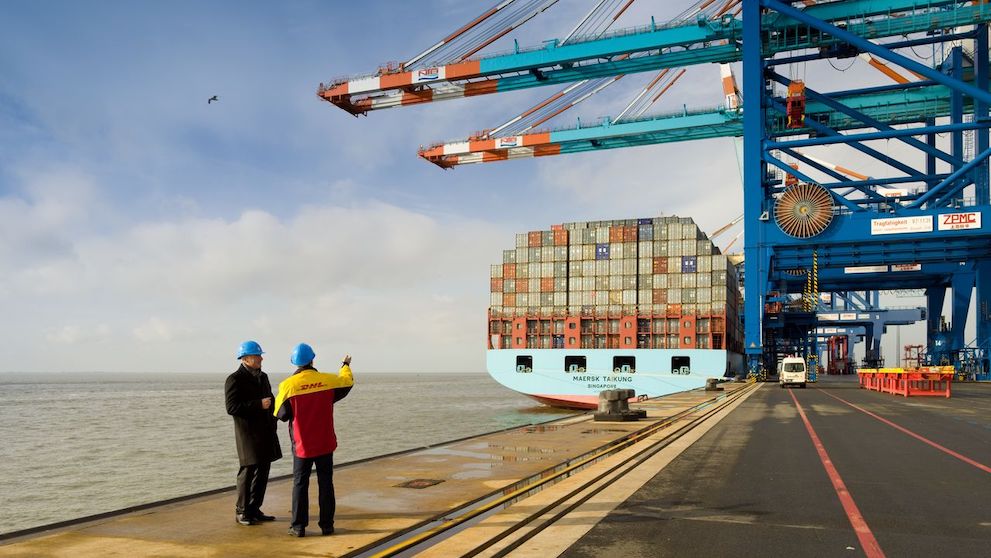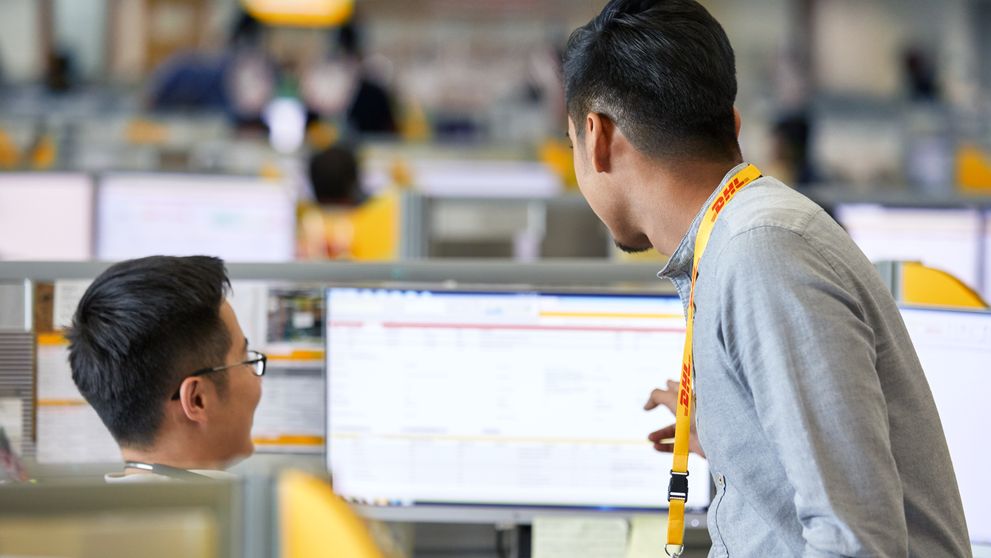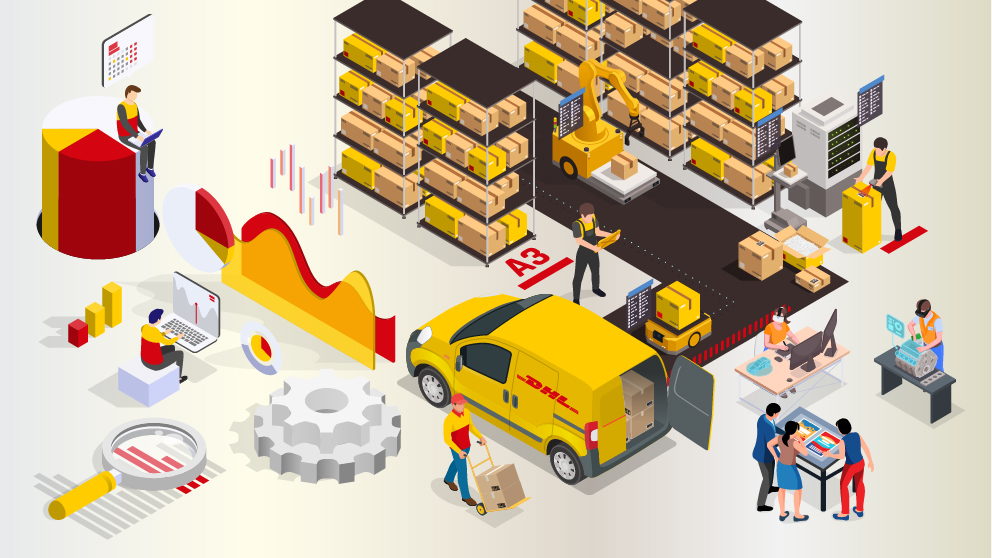
The world of supply chain management is in a constant state of evolution. The unprecedented arrival of the pandemic has only accelerated and propelled certain trends to the forefront, prompting drastic changes in the global business market. These disruptions have severely affected supply chain management, which led to the fallout of many businesses. This transformed supply chain landscape has paved the way for new practices and procedures, some of which are revolutionary. Staying up to date with these current trends is imperative if businesses wish to remain in the race for the next ten years and beyond.
Influence of Technology on International Trade
As with many other industries, digitalisation has made its way to the global supply chain ecosystem, and it has proved to be vital in the post-pandemic recovery efforts. It is not to say that digitalisation of the supply chain is anything new.
Historically, logistics were primarily focused manual labour - from labour-intensive production lines to record keeping. The birth of computers and integration of Internet in the late 1980s and 90s was the start of data revolution in supply chain management, drastically improving logistics planning, inventory management, and optimisation of truck routing. However, today’s supply chain has gone beyond that and is now emphasising advanced planning processes. A large-scale adoption of these digital technologies has affected the composition of world trade, changed patterns of comparative advantage, and influenced the complexity and length of global value chains.
The digitalisation of international trade is the future of the international economy, especially during a global pandemic. It has allowed businesses to serve fast responses, end-to-end tracking, optimal warehouse management, and more — all attributes that have helped many businesses ride the turbulent wave of the pandemic.
Recent World Trade Trends to Look Out For
In order to not lag behind, businesses will need to keep their eyes peeled for the recent supply chain technological trends.
1. The Internet of Things (IoT)
The Internet of Things (IoT) refers to the billions of devices connected to the Internet, which allows for the availing and sharing of data. By implementing IoT devices, companies can improve supply chain visibility in all levels of supply chain management, from production and inventory management to predictive maintenance. As a result, businesses can expect to optimise their assets and returns of investment (ROI).
2. Blockchain Technology
Blockchain technology has transformed all industries, including the supply chain. Blockchain technology-enabled supply chain systems have been integrated into different streams of a business, including shipping lines, carriers, and logistics, into a single platform. This decentralised public ledger system notes all changes and motions of each shipping container through all stages in the supply chain and documents them in real time. This allows more companies to implement better-informed decisions and eliminate any unnecessary steps in the supply chain. Armed with data, companies can revel in increased traceability of material supply chain and improved visibility and compliance of outsourced contract manufacturing. This then results in lower losses from counterfeit market.
3. Elastic Logistics
The supply chain is notorious for being highly capricious, and these fluctuations can impact businesses, especially if they are unforeseen. Navigating such disruptions require a robust and flexible supply chain that can expand or shrink depending on current demands. Businesses that have implemented elastic logistics are able to adjust and manage any potential issues with minimal disruption.
4. Green Logistics
The increased environmental consciousness has pushed for sustainable solutions in several industries, including supply chain management. Today’s consumers demand increased sustainability in all sectors of business, including the supply chain. This results in efforts to reduce companies’ carbon footprint, including lowering the consumption of gas, water, and electricity. Companies that utilise climate-smart supply chains and green logistics initiatives like DHL’s GoGreen Solutions can benefit from these resources, which may result in greater profit and customer loyalty.
Future of Trade
Supply chain trends are constantly evolving, especially with the rapid growth of e-commerce as well as an unforeseen pandemic. Any sort of disruption, both big and small, can cause havoc in the management, affecting workflow and productivity. To better navigate this ever-changing landscape, organisations should focus on the current supply chain as well as world trade trends to predict and solve issues that may turn up in the future. By adhering to these recent trends, international businesses can be more prepared and sustain efficiency, thriving against even the greatest of disruptions.
If you are looking to improve supply chain reliability, leveraging logistic solutions that boast high-service standards, DHL Express is here to help.. Open a business account with us now to start shipping internationally.















